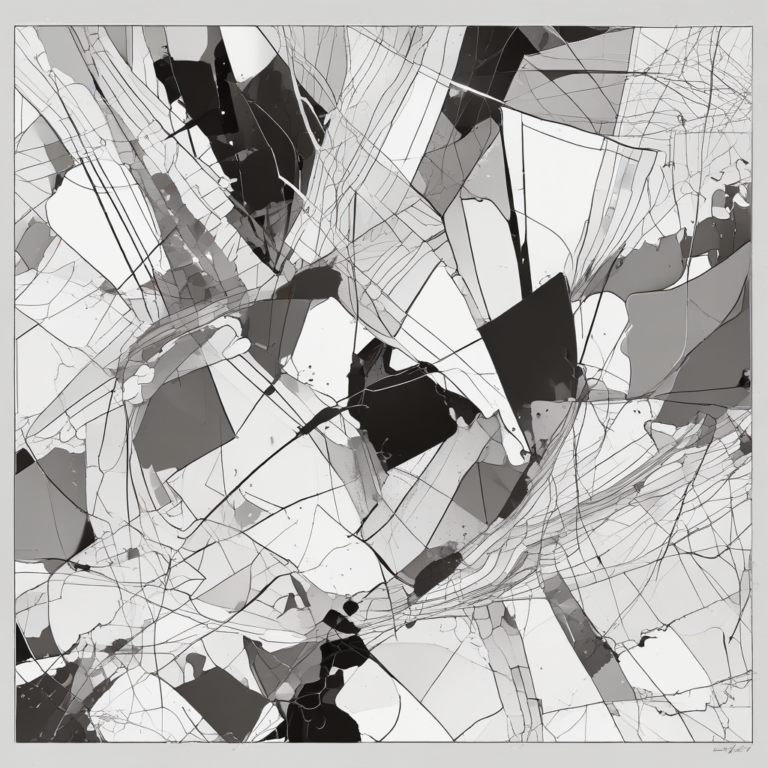EWC, ESCA, CEATL and EU MEPs Slam AI Act’s Code of Practice
The recent discussions surrounding the EU’s AI Act have raised significant concerns among cultural and creative professionals. Organizations such as the European Writers Council (EWC), European Screenwriters and Authors (ESCA), and European Council of Literary Translators (CEATL), alongside various Members of the European Parliament (MEPs), criticized the proposed Code of Practice and its associated template. They argue that the current framework demonstrates a troubling lack of respect for the rights of creative individuals.
Impact of the AI Act on Copyright
In an article published by a prominent UK newspaper, the implications of the EU AI Act alongside the CDSM Directive of 2019/790 were explored. The report highlighted how policymakers have actively hindered the ability of writers, translators, composers, and other rights holders to enforce their rights against AI companies.
Nina George, the president of honor at the EWC, emphasized a fatal paradigm shift in the application and design of intellectual property rights. This shift is particularly concerning for creative professionals who depend on their rights for income and recognition.
Joint Letter and Call for Respect
In response to these challenges, 15 federations representing authors, artists, performers, and cultural professionals co-signed a Joint Letter addressed to Executive Vice-President Hanna Virkkunen. This letter appeals for a more respectful approach to policy-making that acknowledges the rights of creative individuals, who often find themselves stripped of their rights by non-European tech oligopolies.
Concerns Over the TDM Exception
The TDM exemption (Text and Data Mining) has sparked significant alarm across the creative sector. Nina George described this exception as “devastating,” arguing that exclusions from copyright were originally designed to balance the interests of authors with those of the public. For instance, they allowed educational institutions to photocopy texts for classroom use.
However, the introduction of AI exceptions for commercial use signals a shift towards prioritizing business interests over those of individual creators. George criticized this as a perverted way to manipulate copyrights and authors’ rights to benefit a select few businesses.
Lack of Enforcement Mechanisms
Another critical concern raised by George is the absence of effective instruments for enforcing rights. She lamented, “The lack of instruments to enforce any rights is the scandal in the construction of the AI Act in relation to copyright directive.” This lack of clarity and enforcement poses a significant risk to the livelihoods of creative professionals.
Conclusion
As the debate around the EU AI Act continues, it remains crucial for policymakers to consider the voices of cultural and creative professionals. The current framework, as it stands, risks undermining the rights and livelihoods of those who contribute significantly to the cultural landscape.









